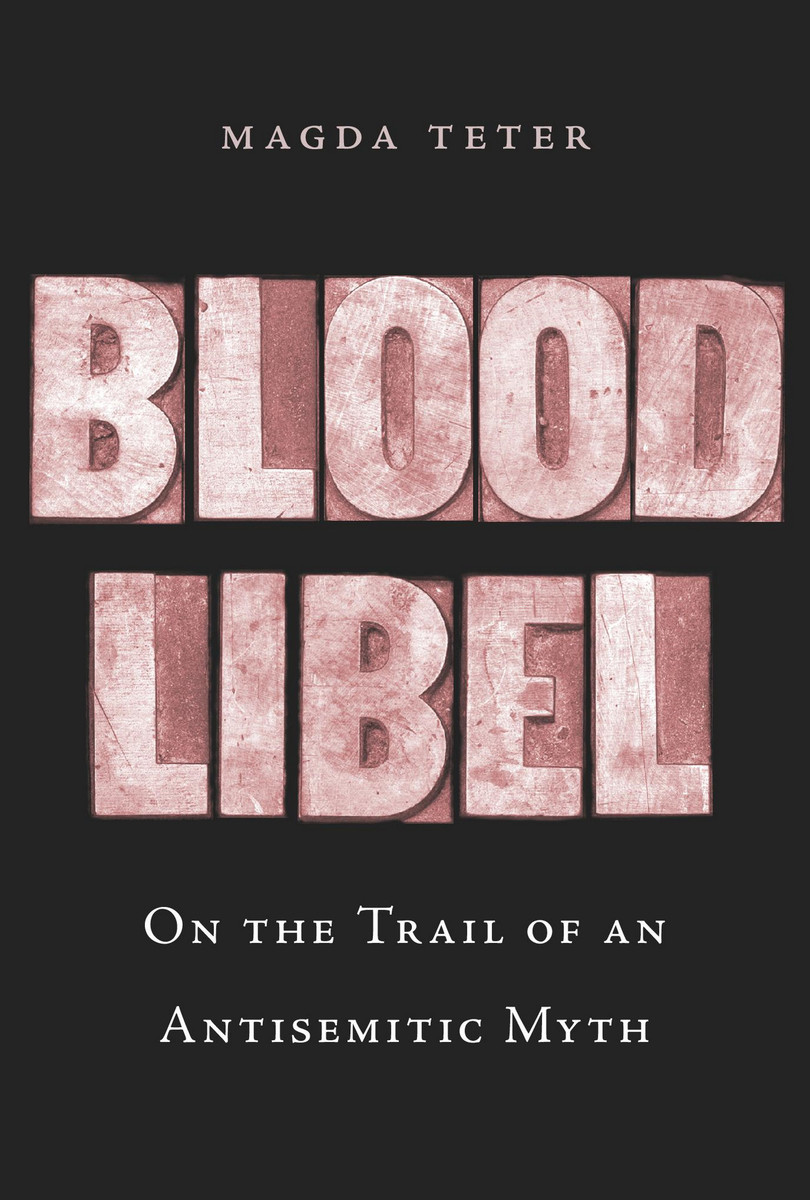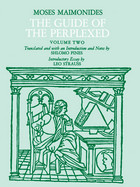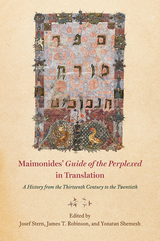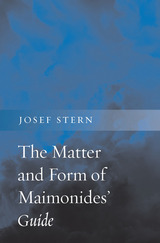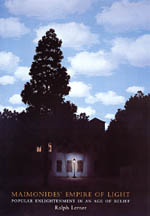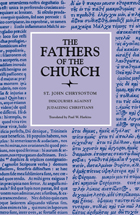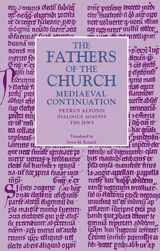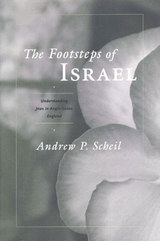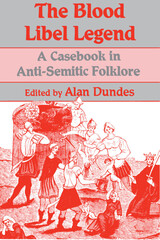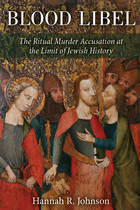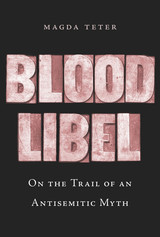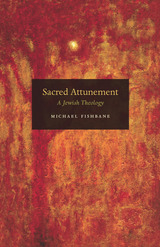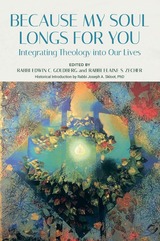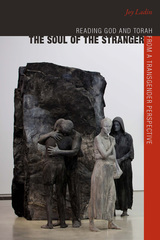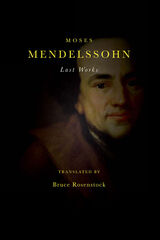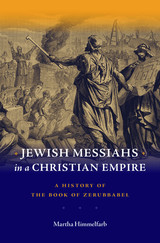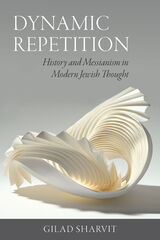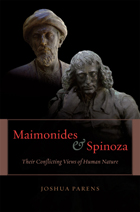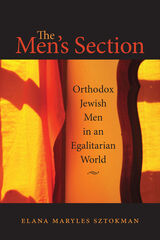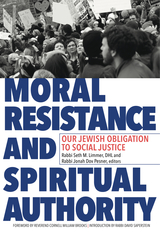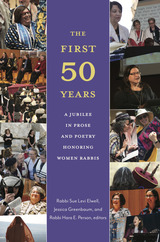[A] magnum opus…Suggest[s] that in any era truth sits on a precarious perch, and that a slight shift in political or social winds can send reason and fact toppling into a conspiratorial void…A tour de force of historical research, reconstruction, and analysis that casts new light on well-known stories and unearths episodes almost entirely forgotten…Offer[s] both hope and a warning. Hatred, either of neighbors or strangers, is not inevitable.
-- Sara Lipton New York Review of Books
Terrifying and learned…Her book can be read more broadly as an allegory for our age, a story about how technological change, religious beliefs, struggles for power, and a politics of demonization can produce memes capable of transmitting the potential for violence across vast amounts of time and space…Teter’s book assumes a well-deserved place in this illustrious tradition of forensic history on the blood libel, and we should all be grateful for it, since the task remains vitally necessary.
-- David Nirenberg The Nation
[A] magisterial account of the blood libel and its origins.
-- Geoffrey Alderman Times Higher Education
Reads like a high-end crime novel; it’s a page-turner that the reader will have difficulty putting down…The conceit of the book is that how and why the libelous stories of ritual murder were spread across Europe, using new broadcast technologies, were as significant—perhaps more so—than the blood libel incidents themselves.
-- Jerome A. Chanes New York Jewish Week
Draws on archives in eight countries, including Vatican City, in a detailed analysis of the establishment of this monstrous myth in medieval and early modern Europe…Blood Libel presents a cogent account of this persistence of hate…An informative account of the different ways in which European countries handled blood libel accusations against Jews…A timely reminder that ‘leadership matters, as do words and official statements.’
-- Glenn C. Altschuler Jerusalem Post
Although there is a great deal of research on the history of the blood libel, much of it recent, Magda Teter’s book is one of the rare works to focus extensively on the early modern period (1450–1790s). She does so with impressive erudition…The product is a dazzling intellectual history, a foray into hundreds of well-known and little-known sources that, examined together, provide a comprehensive picture of the creation, dissemination, and reception of this stubbornly persistent antisemitic myth…A monumental work of scholarship likely to stand for a long time as the definitive study of this scurrilous anti-Jewish myth.
-- Edward Berenson Antisemitism Studies
Begins and ends on a warning note, with an attentiveness to modern-day incidents. With its wealth of archival material, Blood Libel will engage readers who are interested not only in the history of antisemitism but also in the historical and cultural contexts with which it intersects.
-- Heather Blurton H-Net Reviews
Unique…A detective-like reconstruction of blood libel accusations…[These are] extraordinary stories Teter reconstructs. We have in them a unique, unprecedented, and expansive window into a scourge, which, as even the briefest online glance reveals, is sadly still alive.
-- Kenneth Stow Journal of Modern History
A well-written, masterful examination of one of the most deleterious examples of ‘fake news’…Teter is fully conversant with canon and civil law, iconography, church-state relations, and social history—all requisite in exploring the regional similarities and differences between Christian attitudes regarding, and Jewish responses to, the blood libel charge.
-- Choice
An intellectual tour de force. This authoritative study of the blood libel and its ramifications in early modern Europe will become a classic.
-- Ronnie Po-Chia Hsia, author of Trent 1475: Stories of a Ritual Murder Trial
A work of wide-ranging research, great insight, and remarkable erudition. This will be the definitive book on blood libel for a long time to come, equally important for readers of Jewish history and Christian history in early modern Europe.
-- Larry Wolff, author of Inventing Eastern Europe: The Map of Civilization on the Mind of the Enlightenment
In this deeply researched and meticulously argued book, Magda Teter offers the first comprehensive study of the origins and afterlife of one of the most virulent and harmful of all anti-Jewish accusations. But Blood Libel is far more than a narrative history. By highlighting the central role of printed books, broadsheets, and images in the dissemination of the libel, Teter illuminates the mechanisms by which hate can be generated, and offers a powerful and sobering lesson for our own time.
-- Sara Lipton, author of Dark Mirror: The Medieval Origins of Anti-Semitic Iconography
